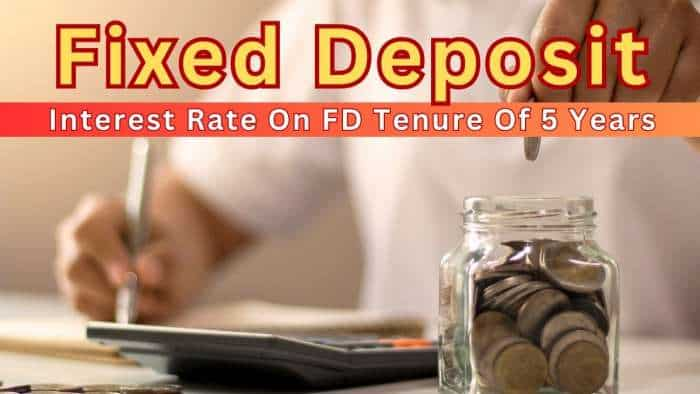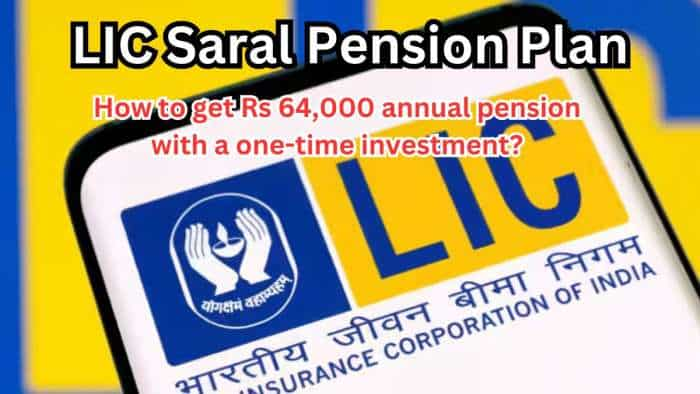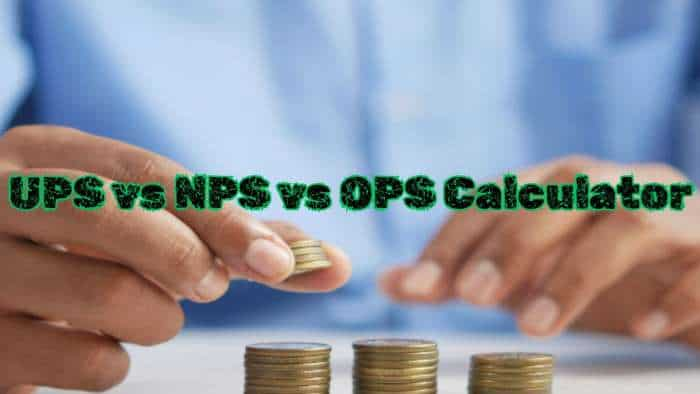Sapna Mishra had been waiting to sell her flat in a suburb in Mumbai for more than seven years now. She was waiting for the right price and refused to sell at a lower price.
The right price according to her was Rs 1.5 crore while she kept getting offers of about Rs 1 crore. Incidentally, many others in her area had sold similar flats for Rs 1 crore, but she decided to hold on till she gets a price of Rs 1 crore. Due to the prime location of the flat, she believed that any builder who offers to re-develop the property will pay a good price (of about Rs 1.5 crore) for her flat.
She also thought that since she earns a rental income of about Rs 20,000 after deducting expenses, she is not really incurring any loss by choosing to hold onto the flat.
But experts differ. "Sapna would have made a lot more money if she had sold the flat and invested the same even in simple bank fixed deposits,'' points out PV Subramanyam, chartered accountant and financial advisor.
Currently, her flat of Rs 1 crore, at a monthly rental of Rs 20,000, results in earnings of Rs 2.4 lakh per year. If she had invested the corpus of Rs 1 crore in bank fixed deposits, she could have earned minimum Rs 8 lakh a year (considering a rate of return of 8%). If invested wisely, she could have earned even more.
Sapna's story is not an isolated case. There are many who are in the same boat like her. Many stock market investors get fixated on a particular price or rate of return for their investments. They end up making higher losses as they continue to hang on to a stock because they are waiting for a better price.
"The problem is that such investors fail to calculate the opportunity cost,'' points out Subramanyam.
Opportunity cost is the benefit that could have been gained from an alternative use of the same resource. For instance, you buy shares that give you only a 5% return in a year. Suppose you were to invest the same money in the debt markets where the returns were higher at say 9%. Then the opportunity cost in such a case is your actual returns less the returns that you could have made from the debt market, that is, 5% - 9% = -4%. Thus, the opportunity cost is -4% in this example.
In Sapna's case, the opportunity cost is Rs 8 lakhs – Rs 2.4 lakhs = Rs 5.5 lakhs.
The other aspect of Sapna's problem is about the long waiting period for re-development of the building in the hope that it would fetch a better rate. Incidentally, had Sapna invested the Rs 1 crore across different asset classes, she could have ended up with a corpus of Rs 1.5 crore from investments.
She could have deployed part of the funds in index funds such that they earned about 10-12% while a part of the funds could earn an assured 7.5-8% from bank deposits. "Her investment portfolio would depend on various factors including her age, marital status, financial status and financial goals,'' Subramanyam said.
The financial plan should be worked out in consultation with a financial planner who would take into account all the factors while suggesting a plan.
Adhil Shetty, CEO and co-founder Bankbazaar says, "Investments- be it short, medium or long-term should be goal-based. Your goal can be to build a corpus for anything from funding your higher education to funding a holiday to buying a house or car. Choose the right investment vehicle and do not try to time your investment.''
The other issue is whether the returns would be higher from a redeveloped property? "The question here is whether the returns from real estate exceeds 8%,'' says Subramanyam.
"Having waited so long, flat owners should wait for some more time. Following recent developments, re-development projects that had been stalled for a long time, may now see some action in April or May,'' says Shankar Tripathi, MD & CEO, Aadhar Housing Finance.
Subramanyam is not in favour of locking up funds in an illiquid asset like real estate. "If she ever needs the funds for an emergency, she can break a few FDs for the same. But real estate investments do not help at such a time," he added.
Source: DNA Money
Get Latest Business News, Stock Market Updates and Videos; Check your tax outgo through Income Tax Calculator and save money through our Personal Finance coverage. Check Business Breaking News Live on Zee Business Twitter and Facebook. Subscribe on YouTube.
RECOMMENDED STORIES

SIP Calculation at 12% Annualised Return: Rs 10,000 monthly SIP for 20 years, Rs 15,000 for 15 or Rs 20,000 for 10, which do you think works best?

FD Rates for Rs 10 lakh investment: Compare SBI, PNB, HDFC, ICICI, and Post Office 5-year fixed deposit returns

LIC Saral Pension Plan: How much should you invest one time to get Rs 64,000 annual pension for life?
11:18 AM IST










 RBI supersedes board of this co-operative bank after cancelling licence; what will happen to depositors' money now? Check details
RBI supersedes board of this co-operative bank after cancelling licence; what will happen to depositors' money now? Check details IndiGo to operate Jharsuguda-Mumbai daily flights
IndiGo to operate Jharsuguda-Mumbai daily flights  Gold prices surge as US Inflation data sparks fed rate cut hopes
Gold prices surge as US Inflation data sparks fed rate cut hopes Maharashtra Elections: RBI Governor Shaktikanta Das votes in Mumbai
Maharashtra Elections: RBI Governor Shaktikanta Das votes in Mumbai Navratri property registrations cross 5,000 mark in this Indian metro in 2024; check out other key takeaways
Navratri property registrations cross 5,000 mark in this Indian metro in 2024; check out other key takeaways